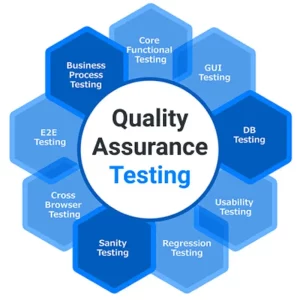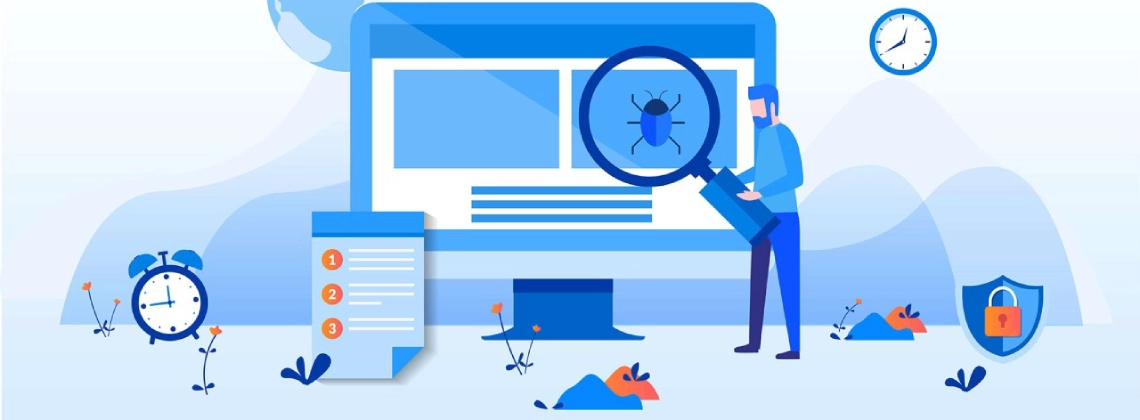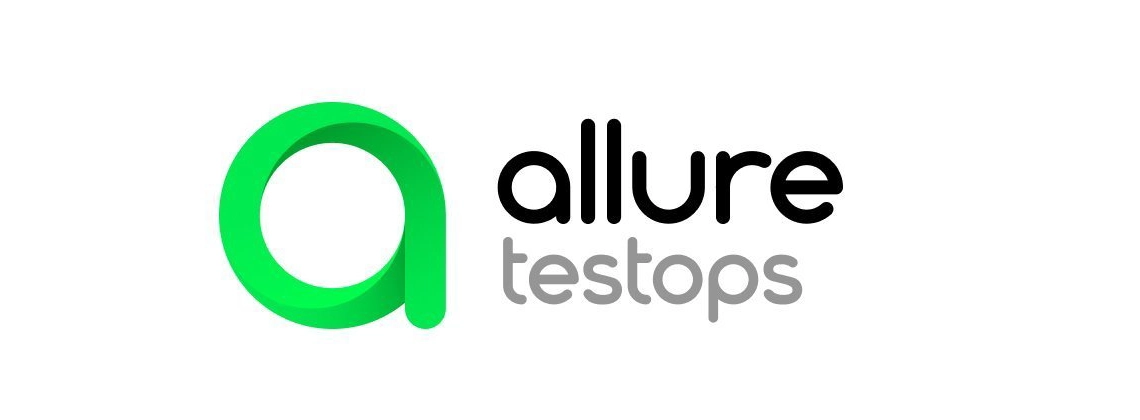Why it's important to prepare for a QA interview
When preparing for a QA interview, it's important to keep some key points in mind. This article will help you understand the questions you may be asked and how to answer them correctly.
One of the main aspects of preparing for an interview is understanding the basics of testing. Make sure you know the theoretical background of testing, such as types of testing, methodologies and processes. This will give you an advantage when answering questions.
Next, you should familiarize yourself with the practical aspects of testing. Find out how you handled critical situations at your previous place of work and give specific examples of successful projects in which you participated.
A typical QA interview question might be questions about your greatest strengths and weaknesses. In this case, it is advisable to be ready to analyze your skills and abilities. For example, if you are good at testing, but could communicate better with team members, focus on communication skills.
However, these are only some of the questions you may be asked in a QA interview. We will consider the details of preparation for the interview in the following sections. Learn about key QA interview questions and how to answer them.

Understanding the basics of testing
Testing is a necessary component of the software development process. This is an important activity that helps ensure the quality and reliability of the product before it is released to the market.
Testing is the process of checking software in order to detect errors, bugs and defects. It allows you to make sure that the program works correctly, fulfills its functions and meets the requirements of users. Testing can be carried out at various stages of the development process - from initial testing of individual components to full testing of the finished product before its release.
The main purpose of testing is to identify errors and defects in software. This allows developers to fix problems before the product is released, which helps prevent possible problems and flaws in the future. Testing also helps to confirm that the application performs its function correctly and meets the expectations of the users.
Successful testing requires deep knowledge of testing theory and understanding of different approaches. For example, one of the main methods is verification and validation. Verification is a check of whether the program fulfills the given requirements. Validation is checking whether the program meets the user's needs and works correctly under real-world conditions.
Another aspect of testing is understanding different testing techniques. For example, black box testing and white box testing. Black box testing is a method of testing the functionality of a program without knowing its internal implementation. White box testing is a method of testing a program using knowledge of its internal structure and logic.
| Term | Description | Example |
| Test Management | Tools to help manage the testing process | TestRail |
| Smoke testing | A testing method that checks the operation of the overall system after changes | Smoke testing |
| Test design | The process of creating test scenarios and a set of test data | Boundary Value Analysis |
Another important aspect is setting up the test environment and using special testing tools. All this helps to effectively organize the testing process and ensure its quality.

Next, we will consider the practical aspects of testing. Let's talk about the typical QA interview questions and how to answer them correctly. Are you interested? Then keep reading!
Practical aspects of testing
Why is it important to prepare for a QA interview?
Preparing for a QA interview is an extremely important step in the job search process. This not only gives you an opportunity to demonstrate your knowledge and skills, but also helps show your training and interest in the field.
Understanding the basics of testing
First of all, a successful QA interview requires a deep understanding of testing theory and the ability to apply this knowledge in practice. You need to know the basics of working with test cases, test lists, checklists and bug trackers. It is also important to have HTML/CSS, JavaScript and HTTP skills for testing web applications. The ability to work with Genymotion, VirtualBox and iOS Simulator will be useful when testing mobile applications. Do not forget to know SQL and the ability to work with databases.
Practical aspects of testing
Understanding the software development cycle is one of the key elements of successful QA. You need to know the basics and levels of testing, be able to read technical documentation and write test documentation. It is also important to monitor and track improvements and bug fixes that arise during the development of a software product. All this will help you to be organized and work efficiently both on obtaining effective bug fixes and on improving the quality of the software product.
Typical QA Interview Questions
In a QA interview, you may be asked a variety of questions related to your understanding of testing. For example, you may be asked about the difference between functional and non-functional testing, verification and validation, types of testing and when they should be used, or negative and positive testing. There may also be questions about your experience with specific test management or automation tools.
How to answer the question correctly
The right answer to a QA interview question should be specific and based on your experience. It is important to convey your knowledge and skills in testing through real examples. Tell about your successes in previous work experience, about the difficulties you faced and how you overcame them. Use these examples to show your willingness to work on new projects and your ability to make decisions.

Completion and real examples
As such, QA interview preparation is critical to your job search success. Understanding the basics of testing and the practical aspects of testing will help you confidently answer typical interview questions. Don't forget the importance of demonstrating your knowledge through real examples from your work experience.
Practical aspects of testing
- Understanding the software development cycle
- Knowledge of types and levels of testing
- Ability to read technical documentation
- Compilation of test documentation
- Monitoring and tracking of improvements and bug fixes
- Work with test cases, test lists, checklists and bug trackers
- Proficiency in HTML/CSS, JavaScript and HTTP for web application testing
- Ability to work with Genymotion, VirtualBox and iOS Simulator for easier testing of mobile applications
- Knowledge of SQL and ability to work with databases
Next, we'll cover typical QA interview questions.
Typical QA interview questions
In an interview for a QA position, you may be asked various questions to assess your knowledge and skills in the field. Here are some typical questions that may be asked:
- What are the main stages of the software development life cycle? This question tests your general architectural understanding of the software development process. You can specify phases such as requirements analysis, design, development, testing, and release.
- How to define test scenarios for this functionality? This question tests your ability to create effective test scripts. Your response may include requirements analysis, test case generation, and test script planning.
- How do you respond to criticism of your work? This question aims to determine your ability to accept constructive criticism and work on your weaknesses. It is important to show openness to change and willingness to learn from mistakes.
- How would you test a feature that has no requirements or documentation? This question tests your creativity and ability to test without sufficient documentation. Your response may involve developing test cases based on intuition, expertise, or analogies with similar functionality.
- How to organize your work and priorities when there are many tasks?

This question tests your ability to effectively plan and manage your time. You can specify methods such as applying Agile principles, setting priorities, and assigning tasks based on their complexity and importance.
Real examples
In a QA interview, it is important not only to answer the questions correctly, but also to demonstrate your expertise with real examples from your experience. Let's look at some interesting situations that can occur in an interview.
One example of a question that can be asked is to simulate a stressful situation. For example, let's imagine that today is a release, but critical bugs are found during regression testing. What will be your actions? Who would you talk to? What way out would you look for? It is important to demonstrate your stress management, communication and problem-solving skills.
Another question may be about a critical mistake you made in your past work experience. Tell us about the consequences of this mistake, who you think was at fault and what conclusions you have drawn from this situation. This will show your capacity for self-criticism and the ability to consider your mistakes for further development.
Also, there may be a question about a situation where your QA colleague suddenly fell ill, and a release is scheduled for tomorrow, and half of the tasks are still untested. What will be your actions? It is important to demonstrate your organization and look for rational solutions in unforeseen situations.
Modeling the situation where the test fails can also be an interesting question. You are given input about the functionality and appearance of the error. It is important to tell whether you would create a bug report, who you would assign the task to (backend or frontend) and why. This will assess your analytical thinking and ability to communicate effectively with a team.

Don't forget that real-life examples help you understand the context and show your practical expertise. Use these examples to demonstrate your willingness to work on new projects and your ability to make important decisions.
Summary
In conclusion, QA interview preparation is a critical step for your success in this field. Understanding the basics of testing and the practical aspects will help you confidently answer typical interview questions. It is important to demonstrate your knowledge and skills through real examples from your work experience.
Also, don't forget the importance of communication and communication in a team environment. Be prepared to talk about your experiences in communicating with team members and developing constructive behaviors.
The best way to improve your skills and prepare for a QA interview is through continuous self-improvement. Read about the latest in testing, participate in training projects and always be ready to learn.
Remember that every interview is an opportunity to demonstrate your knowledge and skills, improve your chances of getting a job in the chosen field. Prepare for the QA interview thoroughly and you will have an edge over other candidates.
Thus, with the right preparation and confidence in your knowledge, you can pass the QA interview successfully and get the desired position. And don't forget that practice makes perfect - the more you practice and gain experience, the better you become in your field.
Questions-Answers
What are some other QA interview questions?
During a QA interview, there may be questions about different aspects of your experience and knowledge. For example: "Why should we hire you?", "How did you find out about this position?", "Why do you want this job?", "How do you manage several projects at the same time?" and many others . Each question is designed to assess your readiness and suitability for the position. Remember that interview preparation will help you confidently and effectively answer these questions and demonstrate your testing skills and experience.
How to prepare for a QA interview?
Preparing for the QA interview is an important part of your success in the process. Learning how to answer test theory questions correctly, as well as demonstrating your skills and experience, is key. Learning the basics of testing, understanding the software development process, and being able to work with real-world examples from your experience is extremely important. Prepare for typical questions, analog situations and stressful tasks. Remember that practice and introspection are your best assistants in preparing for a QA interview.




